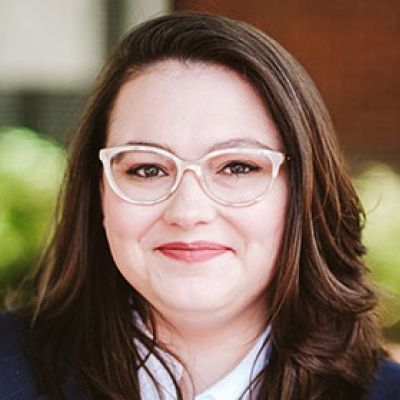This yearlong clinical course is offered in partnership with the Legal Aid Justice Center, and course meetings are typically held onsite at the firm. LAJC’s clinics are designed to educate students about the range of strategies used by attorneys to identify, investigate and attack systemic injustices, encouraging holistic and community-partnered approaches to lawyering.
In addition to classroom instruction during the fall semester of the substantive and procedural aspects of employment law, students participate throughout the year in various forms of advocacy to help low-wage workers across the state gain power and enforce their statutory and human rights. LAJC is an impact-oriented legal services organization that utilizes multiple advocacy strategies, including but not limited to research, report-writing, legislative and administrative advocacy, and community education/organizing, as well as impact litigation and individual client advocacy.
Clinic students can anticipate being involved in the wide-reaching work that LAJC does to advance workers’ rights. Assignments may include conducting legal research and preparing memoranda necessary for broader campaign planning and strategy; advising on, developing, and litigating actual employment cases in federal and state court, as well as before administrative agencies, alongside clinic instructors; engaging in legislative and administrative advocacy by drafting written comments and other materials; participating in advocacy planning sessions with client instructors; and performing research. These matters may be related to unemployment insurance, unpaid wages, and health and safety complaints, as well as other potential subject matters arising out of the employment relationship. Specific assignments vary according to the inventory of projects and cases available at the time. When working specifically on cases, students should be able, under the supervision of an attorney, to perform most lawyer functions associated with their casework, including client and witness interviews, factual development, legal research, preparation of pleadings and negotiations. On broader advocacy, students participate in legislative and administrative advocacy and discussion of broader campaign strategy. Students are expected to arrange a satisfactory schedule with their supervising attorney.
First-day attendance is required.
PREREQUISITES: Trial Advocacy, Negotiation, and Third-Year Practice Certificate recommended, but not required. Because the credits in this course count toward the J.D. program professional skills requirement, J.D. candidates are given enrollment priority for this class.
Students interested in this clinic must rank the clinic in the clinic lottery within the timeline set by the Student Records Office. Students selected for the clinic through the clinic lottery process will be automatically enrolled prior to the regular course lottery.
The positions that the clinic takes on behalf of its clients are independent of the views of the University of Virginia or the School of Law.


